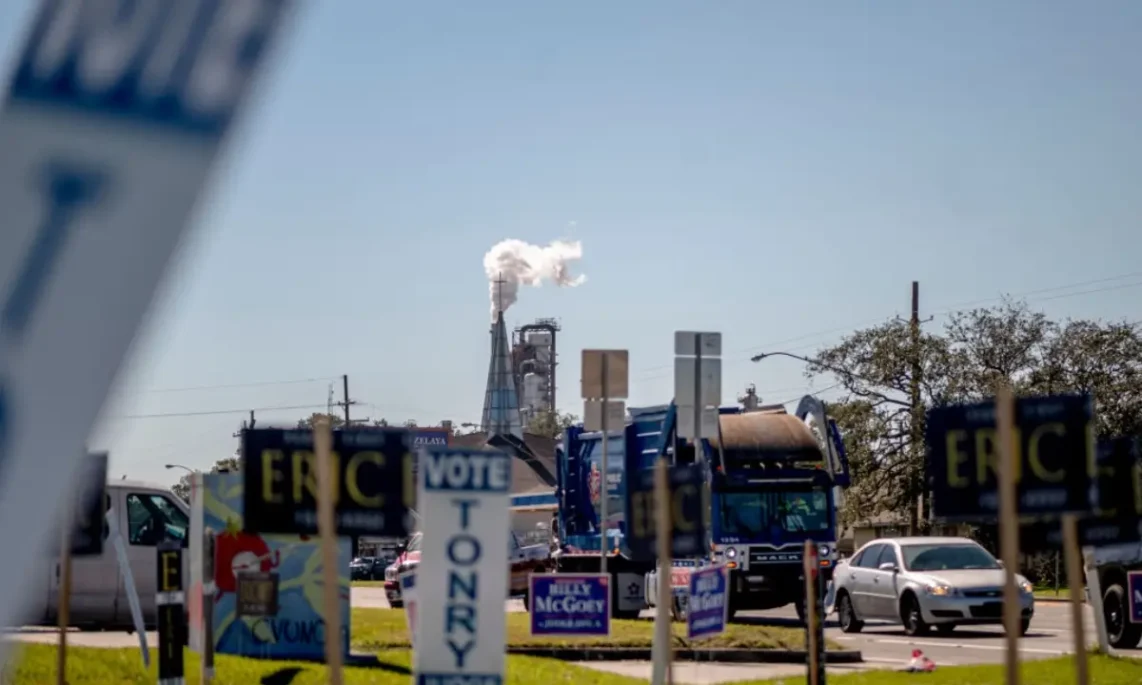Supreme Court Sides with African-American Voters After White Voters Try to Block Second Black Voting District in Louisiana, Claiming It Violated Their ‘Personal Dignity’
In a landmark decision, the U.S. Supreme Court has allowed Louisiana to use a congressional map that includes a second district where the majority of voters are Black — a decision that is set to have significant implications for the 2024 elections.
The court’s decision came in response to emergency appeals filed by the state’s top Republican elected officials and Black voters, The Associated Press reported. Those groups argued that the high court’s intervention was necessary to avoid confusion ahead of the elections.
The new map, which includes two majority-Black districts, could give Black voters an opportunity to pick up a seat, potentially helping Democrats regain control of the closely divided House of Representatives.
Louisiana Attorney General Liz Murrill told The Associated Press that she was pleased with the court’s order. “The Secretary of State has consistently stated she needed a map by May 15,” Murrill said in a statement. “The plaintiffs did not contest it at trial. We will continue to defend the law and are grateful the Supreme Court granted the stay which will ensure we have a stable election season.”
The dispute over Louisiana’s congressional map has been a long-standing issue, with the state’s original effort ruled to be a racial gerrymander. The original map, which Republicans won five of the six districts in the 2022 elections, was subsequently redrawn after the Supreme Court last summer unexpectedly buttressed the federal Voting Rights Act.
The NAACP Louisiana State Conference expressed their support for the Supreme Court’s decision. Michael McClanahan, president of the NAACP Louisiana State Conference, said in a statement: “Our fight for a fair congressional map has carried on for years. Today, we celebrate our communities’ opportunity to have a voice in this year’s elections, that can lead to the representation we need to make positive change in the years ahead. This is a day for hope.”
However, the new map has also faced legal challenges, with a group of plaintiffs described in court papers as “non-African American” arguing that it violated the Constitution’s 14th Amendment, according to NBC News.
The court’s three liberal justices dissented, with Justice Ketanji Brown Jackson writing that the state still had time to draw a map that would address the various legal questions that have been raised. But the majority did not explain in detail its reasoning in Wednesday’s decision.
Meanwhile, a previous district court ruling in 2022 found that the map designed by state Republicans after the 2020 Census potentially violated the Voting Rights Act by diminishing Black voter influence.
However, following an appeal by the state, the Supreme Court effectively upheld that map for the 2022 midterms by issuing an injunction to the lower court’s ruling in June 2022. This resulted in five white Republicans and one Black Democrat being elected despite Louisiana’s sizable Black population.
The recent decision marks a significant victory for Democrats, who are likely to pick up another seat in Louisiana under the recrafted congressional lines, CBS News reported. It also represents the latest development in a long-running legal battle over the state’s House district boundaries that began after the 2020 Census.
The NAACP Legal Defense Fund also commented on the decision. Sara Rohani, a redistricting fellow for the Legal Defense Fund, said in a statement: “Today’s Supreme Court action ensures that Black voters’ voices will not be silenced during this year’s critical elections. The Voting Rights Act requires Louisiana to have a map where Black voters have a fair opportunity to elect candidates of choice. While this is not the end of our work to defend that principle, it is a critical moment in our fight for fair maps in Louisiana and reflects the strength of our democracy.”

